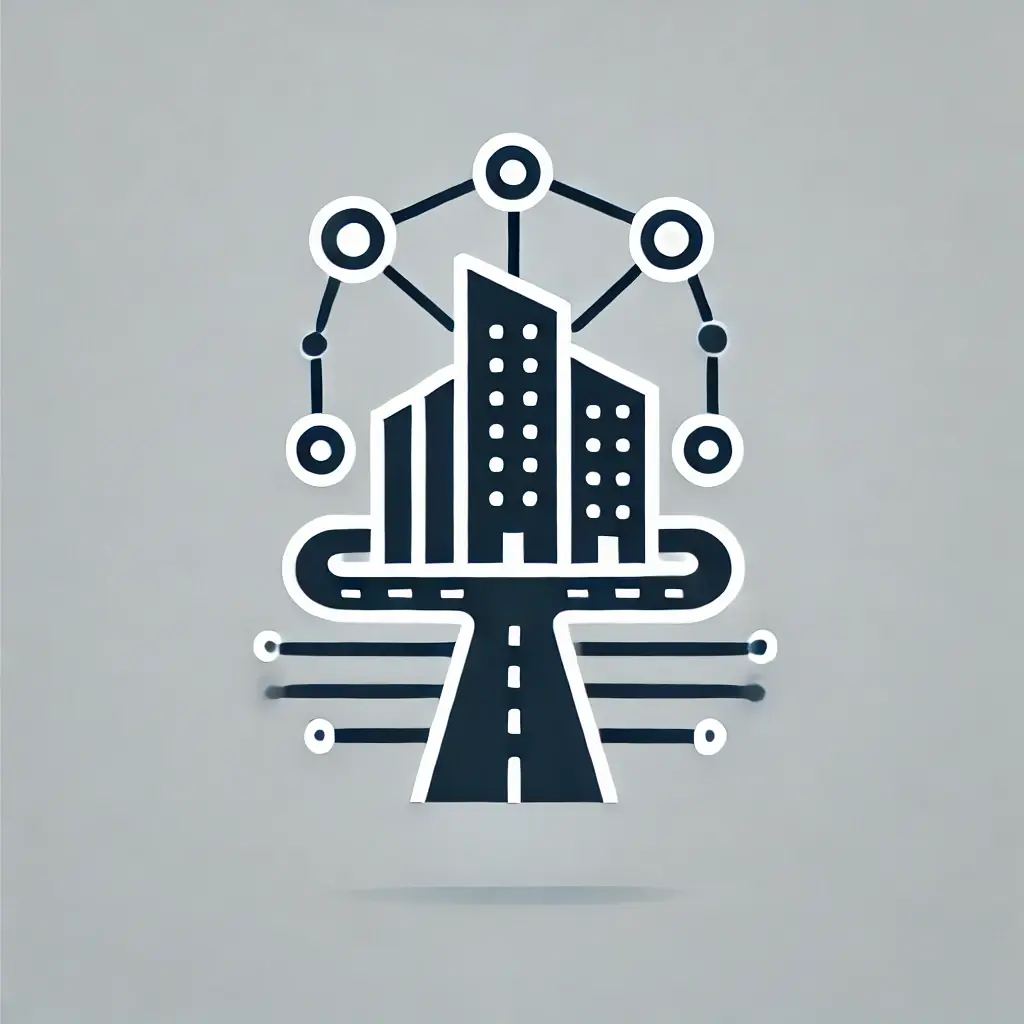Smart City Infrastructure leverages advanced technologies, particularly artificial intelligence (AI) and the Internet of Things (IoT), to optimize urban living and improve city management. By integrating connected systems, cities can effectively manage and monitor infrastructure, enhancing operations and maintenance.
AI and IoT Integration
AI plays a crucial role in smart city infrastructure by analyzing vast amounts of data collected from various sources, such as smart sensors and city management platforms. These technologies enable real-time monitoring and predictive analytics, allowing city officials to make informed decisions that enhance efficiency and sustainability. For instance, smart meters equipped with IoT sensors track energy usage, providing valuable insights that help optimize consumption and reduce costs[2][5].
Smart Infrastructure Sensors
Smart infrastructure sensors are pivotal in gathering data on traffic patterns, air quality, and energy consumption. These sensors help identify trends and issues, enabling proactive management of city resources. For example, deploying air quality sensors can track pollution levels and identify sources, guiding initiatives to improve urban air quality[1][3].
City Management Platforms
City management platforms integrate data from various smart devices, facilitating a centralized approach to urban governance. These platforms utilize AI to process data and generate actionable insights. They can predict maintenance needs for infrastructure, manage waste collection more efficiently, and enhance public safety by analyzing crime patterns and deploying resources accordingly[2][4].
Benefits of Smart City Infrastructure
The implementation of AI in smart cities brings numerous benefits:
-
Enhanced Efficiency: AI-driven analytics streamline operations, reducing resource waste and operational costs.
-
Improved Public Safety: By analyzing data from various sensors, cities can identify high-risk areas and deploy law enforcement more effectively.
-
Sustainable Urban Development: AI technologies support initiatives aimed at reducing carbon footprints, such as optimizing energy consumption and managing waste sustainably[1][5].
Challenges and Considerations
Despite the advantages, challenges remain in implementing smart city technologies. Issues such as unequal access to data, varying levels of technological infrastructure, and the need for substantial investment can hinder progress. Ensuring that all citizens benefit from smart city initiatives is crucial for equitable urban development[1][2].
In conclusion, smart city infrastructure powered by AI and IoT offers a transformative approach to urban management. By optimizing operations and maintenance through connected systems, cities can enhance the quality of life for residents while promoting sustainability and efficiency.
Further Reading
1. AI in Smart Cities
2. https://www.forbes.com/sites/forbestechcouncil/2023/04/07/on-the-horizon-for-smart-cities-how-ai-and-iot-are-transforming-urban-living/
3. Smart Cities: How Does AI Make Cities Smarter?
4. How 5 global cities are innovating with generative AI | World Economic Forum
5. Trinity Mobility Pvt. Ltd.


